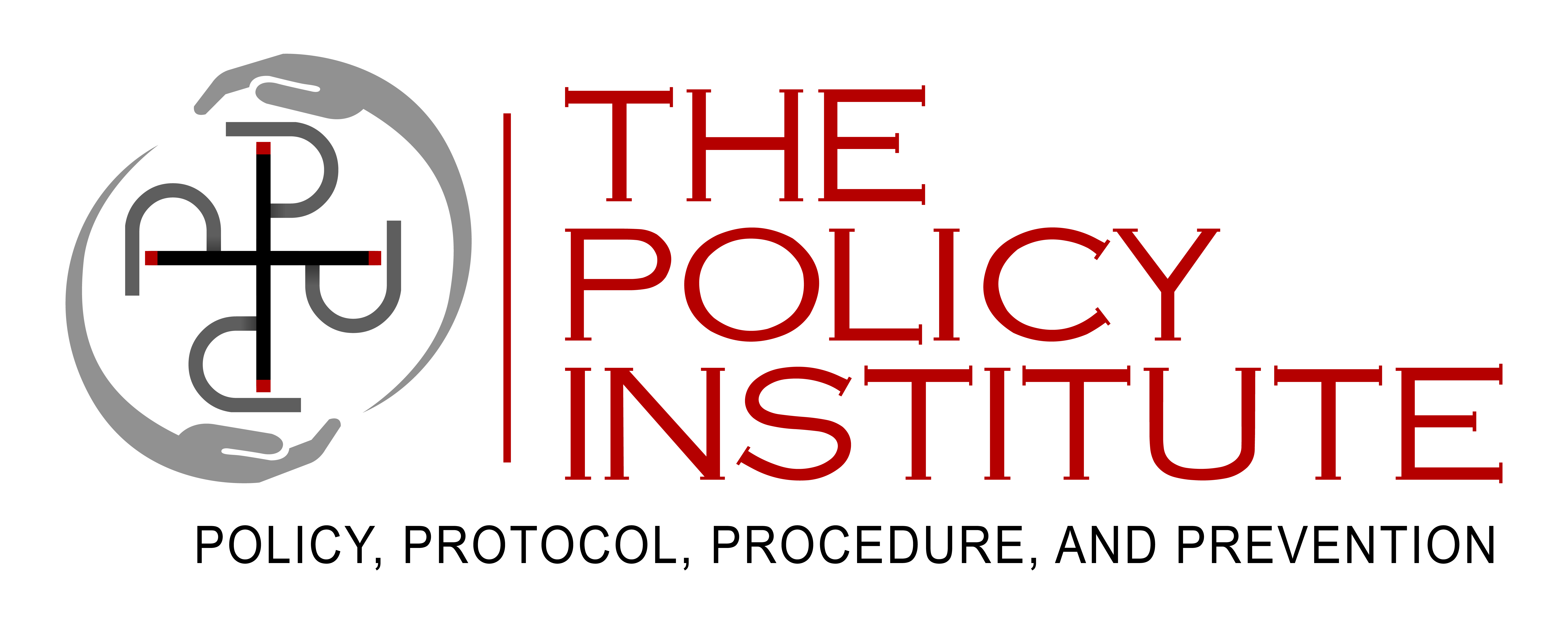This is a sample agenda. Each Institute’s Agenda is located on it’s Registration Page.
| 9:30-9:45 am | Check-in with Coffee and Snacks |
| 10:30-11:30 |
Welcome and Policy Fundamentals What must handbooks include about sexual misconduct? How is the term defined? Differentiate between coercion and consent, intoxication and incapacitation, handbook policies and legal standards. Which rights should be stated? Topics:
|
| 9:45-10:30 |
Interactive Mock Hearing: He Said-She Said Are you prepared to respond appropriately to allegations of sexual assault? Two actors present a night of partying, drinking, and sexual interaction. Practice your interview techniques. Ask questions of the students to analyze the case. Continued application for the day’s training:
|
| 11:30-12:30 |
Response Protocols Develop the concept of consistent, thorough, and quality-controlled institutional response to sexual misconduct. Create a staff of confident, properly-equipped responders able to provide the ideal balance of options and support. Topics:
|
| 12:30-1:30 | Lunch with Case Studies Sit with your team or mix it up. Discuss a sexual misconduct case. Propose an appropriate outcome using your expertise and new understandings from the morning. |
| 1:30-2:30 |
Disciplinary Procedures Explore optimal practices for successfully balancing punishment, education, contract compliance, risk management, legal compliance, and institutional mission. Determine when to involve parents, legal counsel, and criminal authorities. Understand threat assessment, public relations strategies, and documentation practices. **Opportunity to submit sections of your handbook for expert review and feedback. Topics:
|
| 2:30-3:30 |
Prevention Education If your school prohibits sexual activity, how do you best educate on sexual misconduct? What should a student who is in 5th grade know about sexual assault, if anything? What skills should college students have to “expect respect” in relationships? Impart school policies during training and education to increase adoption, ensure compliance with state and federal guidelines, and, in turn, reduce liability. Topics:
|
| 3:30-4:00 | Synthesis: Application to the Case of Jake and Erica Utilize new skills and knowledge to re-analyze the morning’s case study. Recap essentials and examine the impact of their use at your institution. How can an unambiguous sexual misconduct policy affect the fate of Jake, Erica, and the entire school community? |
